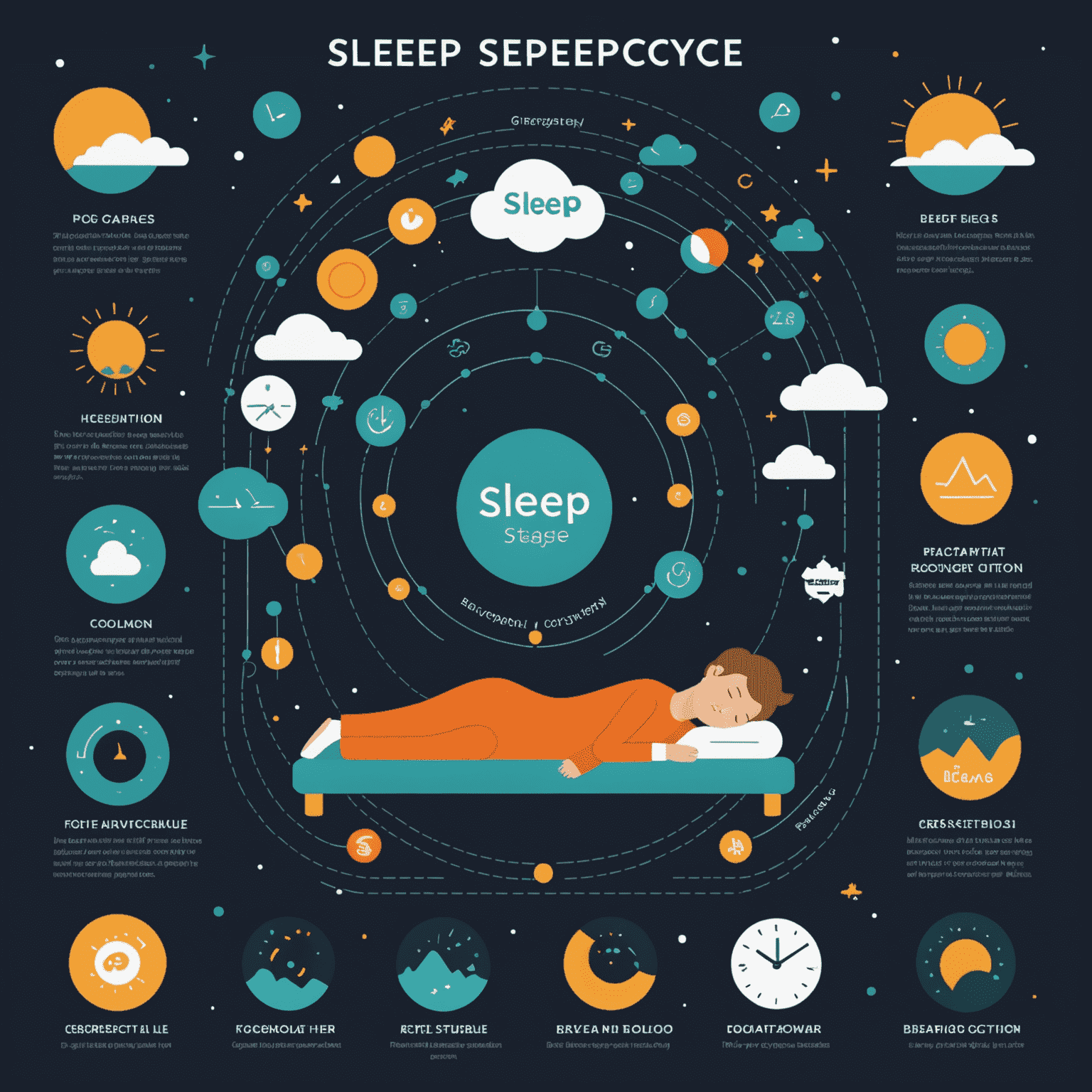The Power of Sleep: Optimizing Rest for Better Health

In our fast-paced, high-performance world, sleep often takes a backseat to other priorities. However, understanding the crucial role of sleep in maintaining good health can be a game-changer for your overall well-being and athletic performance.
Why Sleep Matters
Sleep is not just a period of inactivity; it's a vital process during which your body repairs, regenerates, and prepares for optimal function. Here's why prioritizing sleep should be at the top of your health agenda:
- Physical Recovery: During deep sleep, your body releases growth hormones that repair muscles and tissues.
- Cognitive Function: Sleep consolidates memories and enhances learning and problem-solving abilities.
- Emotional Regulation: Adequate sleep helps maintain emotional balance and reduces stress.
- Immune Support: Your immune system strengthens during sleep, helping to ward off illnesses.
- Metabolic Health: Proper sleep regulates hormones that control appetite and metabolism.
Strategies for Better Sleep
Improving your sleep quality doesn't have to be complicated. Here are some effective strategies to optimize your rest:
1. Stick to a Schedule
Maintain a consistent sleep-wake cycle, even on weekends. This helps regulate your body's internal clock.
2. Create a Relaxing Bedtime Routine
Develop a pre-sleep ritual that helps you unwind. This could include reading, gentle stretching, or meditation.
3. Optimize Your Sleep Environment
Ensure your bedroom is dark, quiet, and cool. Invest in a comfortable mattress and pillows.
4. Limit Screen Time
The blue light emitted by devices can disrupt your sleep cycle. Try to avoid screens for at least an hour before bed.
5. Watch Your Diet
Avoid large meals, caffeine, and alcohol close to bedtime. These can interfere with your ability to fall and stay asleep.
6. Exercise Regularly
Regular physical activity can improve sleep quality, but try to finish workouts at least a few hours before bedtime.

The Impact of Sleep on Athletic Performance
For athletes and fitness enthusiasts, sleep is a crucial component of training and recovery. Adequate sleep can lead to:
- Improved reaction times
- Better accuracy and decision-making
- Increased speed and endurance
- Enhanced muscle recovery and growth
- Reduced risk of injury
Tracking Your Sleep
Modern technology offers various ways to monitor your sleep patterns. Wearable devices and smartphone apps can provide insights into your sleep duration, quality, and cycles. Use this data to identify areas for improvement and track your progress over time.
Conclusion
Sleep is not a luxury; it's a fundamental pillar of health and fitness. By prioritizing and optimizing your sleep, you're investing in your overall well-being, enhancing your athletic performance, and setting the stage for a more energetic, focused, and healthier life. Remember, quality sleep is just as important as proper nutrition and regular exercise in your journey towards optimal health and fitness.